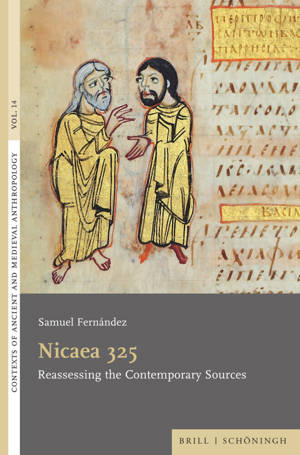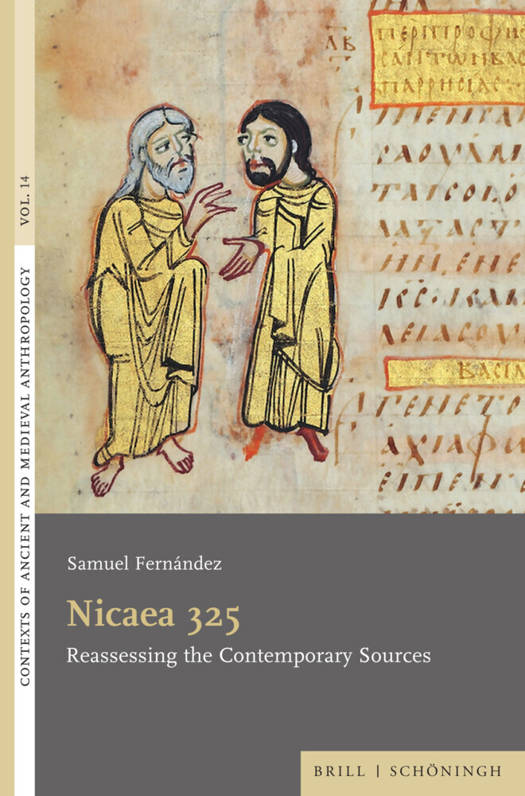
Bedankt voor het vertrouwen het afgelopen jaar! Om jou te bedanken bieden we GRATIS verzending (in België) aan op alles gedurende de hele maand januari.
- Afhalen na 1 uur in een winkel met voorraad
- In januari gratis thuislevering in België
- Ruim aanbod met 7 miljoen producten
Bedankt voor het vertrouwen het afgelopen jaar! Om jou te bedanken bieden we GRATIS verzending (in België) aan op alles gedurende de hele maand januari.
- Afhalen na 1 uur in een winkel met voorraad
- In januari gratis thuislevering in België
- Ruim aanbod met 7 miljoen producten
Zoeken
Omschrijving
The Council of Nicaea is a fundamental milestone in the development of Christian theology and, consequently, a significant factor in shaping Western culture. In the context of a new relationship with the Roman Empire, an intense theological controversy led to the convening of the Council of Nicaea (325), the first ecumenical council. The sources describing this event served as a rich resource for theologians and historians from antiquity to the present day. Athanasius was the first to propose a comprehensive account of this episode, which became the "master narrative". However, the fragmentary, biased, apologetic, and polemical nature of these sources and their interpretations gave rise to accounts that are not only divergent but often incompatible. This book proposes a re-reading using a precise method: prioritizing contemporary documents over the "master narrative" established by Athanasius, enriched by ancient historians, and developed by later historiography.
Specificaties
Betrokkenen
- Auteur(s):
- Uitgeverij:
Inhoud
- Aantal bladzijden:
- 349
- Taal:
- Engels
- Reeks:
- Reeksnummer:
- nr. 14
Eigenschappen
- Productcode (EAN):
- 9783506797865
- Verschijningsdatum:
- 14/04/2025
- Uitvoering:
- Hardcover
- Formaat:
- Genaaid
- Afmetingen:
- 164 mm x 28 mm
- Gewicht:
- 712 g

Alleen bij Standaard Boekhandel
+ 349 punten op je klantenkaart van Standaard Boekhandel
Beoordelingen
We publiceren alleen reviews die voldoen aan de voorwaarden voor reviews. Bekijk onze voorwaarden voor reviews.









